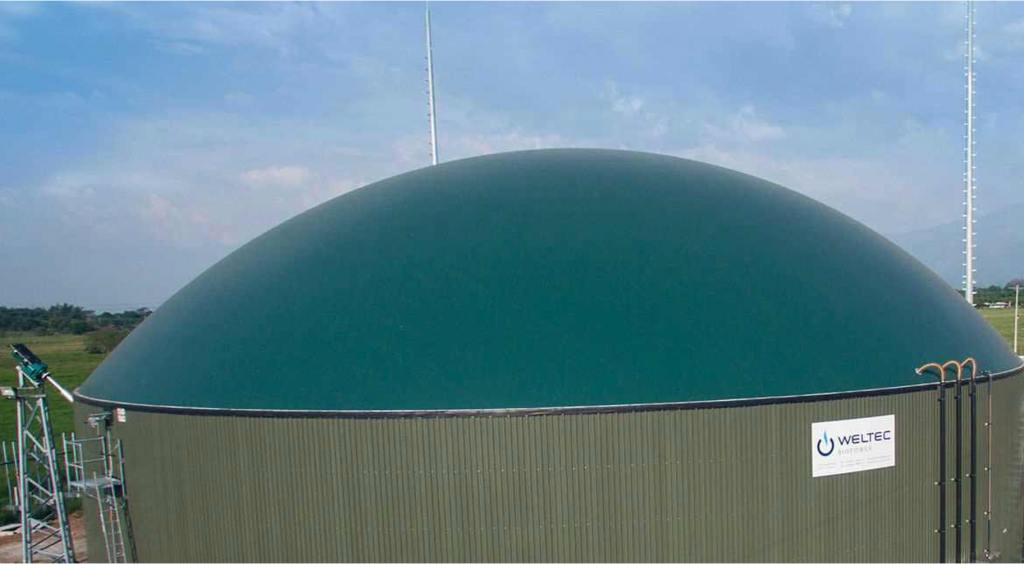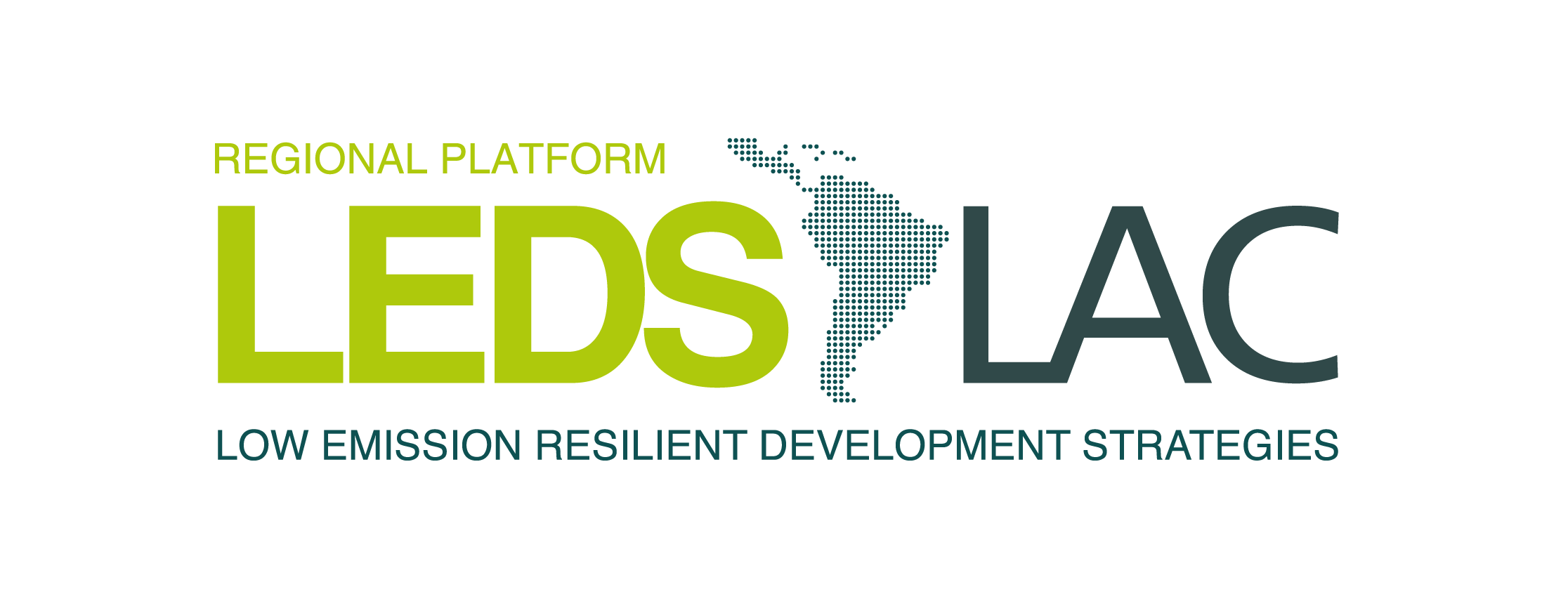- Author: Katherine Bocanegra, Secretary LEDS LAC
- Review: Ana María Majano, Secretary LEDS LAC
Launched in 2016 by the LEDS LAC Regional Platform and the LEDS GP Energy Working Group (EWG), the Bioenergy Community of Practice (BioE CoP) brings together government leaders from Latin America and the Caribbean (LAC) and international experts to exchange experiences, tools and resources for the design and implementation of bioenergy strategies, policies and programs. Since its founding, the Bio-E CoP has enabled professionals from several countries in the region and international organizations to advance bioenergy decision-making in their individual contexts.

Within the framework of its climate and energy policies, the Colombian government, through the Ministry of Mines and Energy, the Mining and Energy Planning Unit, the Ministry of Environment and Sustainable Development, the Low Carbon, Adapted and Resilient Colombia Strategy, and other institutions, has been developing efforts to promote the use of biogas from residual biomass, considering the potential that this technology has to contribute to the sustainable development of the country.
During 2020, the LEDS LAC BioE CoP, with the support of the LEDS Global Partnership technical assistance service (Climate Helpdesk), facilitated the development of a roadmap for the formulation of a Biogas Nationally Appropriate Mitigation Action (NAMA) for the Colombian Government. That same year, as one of the activities contemplated in that roadmap, an additional collaboration was agreed with the BioE CoP and Climate Helpdesk for the pilot application of a methodology that takes into account the experiences of biogas project developers and other stakeholders to identify the most important barriers to biogas investments and the most appropriate policy measures to address them.
It is in this way that the project "From practice to policy: analysis of barriers to biogas investment in Colombia and measures to address them, based on the experience of developers and other relevant stakeholders." initiated and allowed for collaborative work bringing together several strategic actors led by the Colombian Low Carbon Development Strategy.
Methodological framework
The methodological framework applied to the project consisted of five stages:
The methodological framework applied to the project consisted of five stages: For the categorization of risks and barriers to biogas investments, the DREI methodology "Derisking Renewable Energy Investments" developed by the United Nations Development Program (UNDP) was adapted.
In order to issue recommendations that address the prioritized barriers, a process was also followed that began with the identification of potential policy measures and financial instruments used in other countries; subsequently, interviews and surveys with experts and developers sought their opinion on how to eliminate or reduce the barriers; and finally, the project team conducted an analysis of the applicability and feasibility of the recommended measures in the Colombian context.
It is in this way that the project "From practice to policy: analysis of barriers to biogas investment in Colombia and measures to address them, based on the experience of developers and other relevant stakeholders." initiated and allowed for collaborative work bringing together several strategic actors led by the Colombian Low Carbon Development Strategy.
Findings and recommendations
The main findings of the study indicate that:
- Colombia has energy and environmental policies and regulations that provide a framework for biogas development, but their dispersion makes it difficult for project developers to understand and apply them.
- The development of policies and regulations for the use/commercialization of digestate is required, as it would contribute to the financial sustainability of the projects.
- In terms of financing, which is often cited as a barrier, it was found that there are resources and instruments in the country, but capacity building is needed, both in developers and in banking institutions, to achieve more bankable projects.
- Knowledge management and capacity building are key to reducing the barriers perceived by developers.
Replicability in other countries
Although the study emphasized complementing the traditional top-down approach, taking into account the experiences of actors in the field for policy formulation, the methodology can be replicated in other countries and even applied to other bioenergy technologies. In the case of Colombia, it was announced during the presentation of the study that it will serve as input for the formulation of Colombia's Biogas NAMA proposal, which will be developed with the support of the GIZ office in the country.
The study fits the needs we had from the government, and gives us some very interesting lights for future action regarding the inclusion of biogas in the Colombian economy.
- Oscar Iván Galvis Mora, Climate Change Adaptation Professional, Ministry of Mines and Energy, Colombia.
